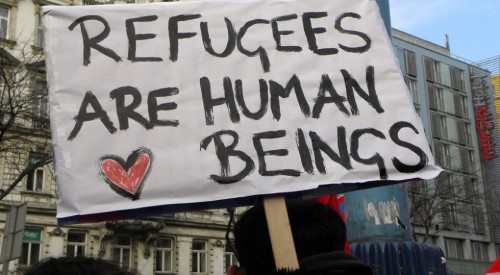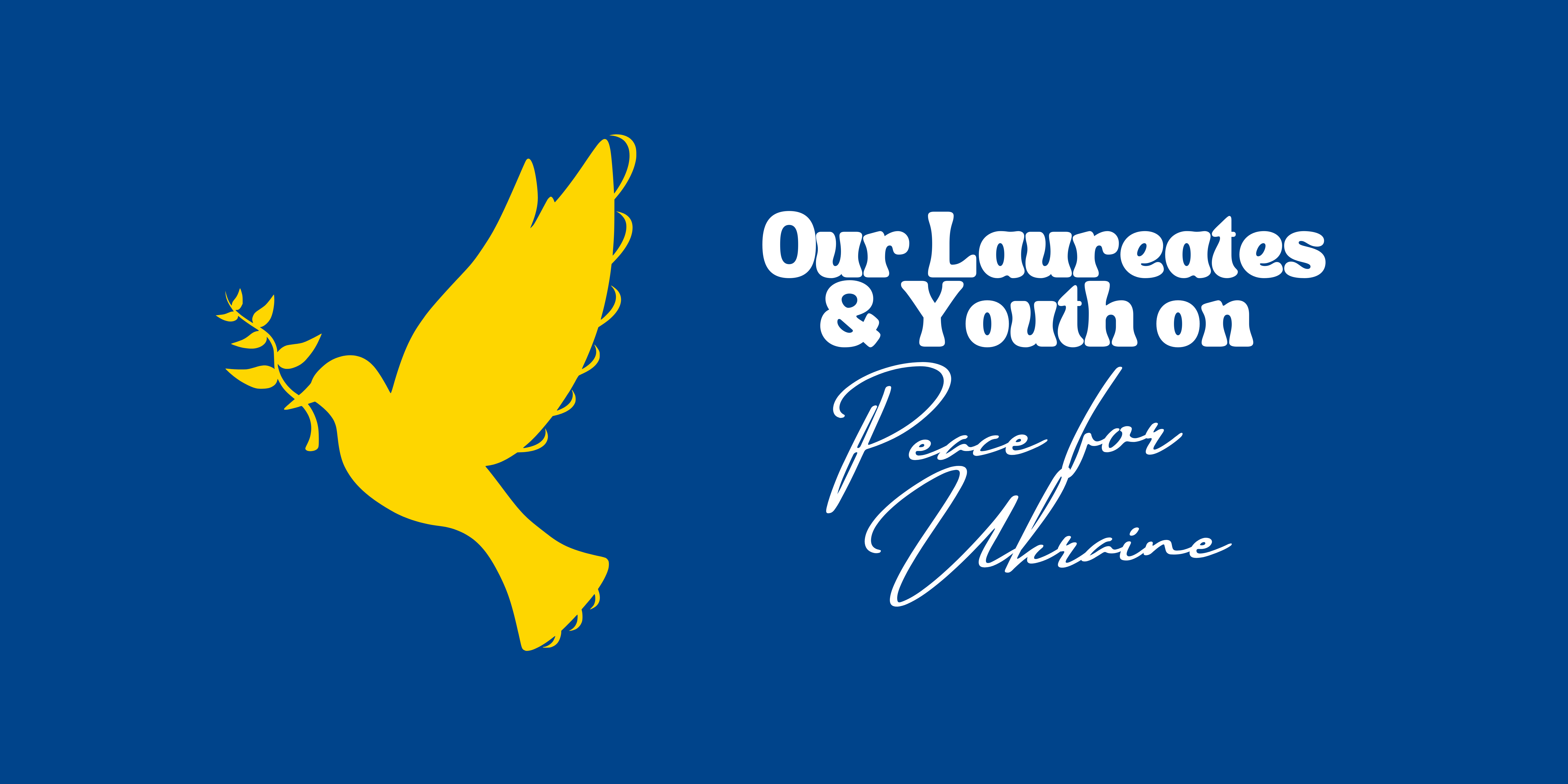Help Support Refugees

Join Billion Acts in supporting refugees for the month of November.
The Most Common Myths About Refugees, Debunked
Esther Yu Hsi Lee
Originally published on Think Progress
In a speech delivered at the U.S. Institute of Peace in June, U.S. Ambassador to the United Nations Samantha Power chided wealthy nations for using terrorism fears to justify their reluctance to admit more refugees into their countries.
“Ignorance and prejudice make for bad advisors,” Power said in her prepared remarks, noting that 31 U.S. governors reacted to the terrorist attacks in Paris, France last year by refusing to resettle Syrian refugees in their states. “Yet that is what is driving the ill-informed and biased reactions we have seen to these and other attacks from some in our country.”
Power’s speech — which also previewed President Obama’s plan for the Leaders’ Summit on Refugees in September — dispelled several common myths about refugees and the supposed threat they pose to their host countries:
MYTH: Refugees cost the U.S. government a lot of money.
“You might be surprised, though, to learn how little refugees actually receive from the U.S. government,” Power said. “Resettlement agencies are given a one-time amount to cover initial housing, food, and other essential expenses of $2,025 for each refugee. And while refugees can apply for additional federal assistance, such as funding for job training or special medical assistance — no supplementary support is guaranteed — and most lasts a maximum of eight months. […] Refugees are also responsible for repaying the cost of their plane tickets to the U.S. within three and a half years.”
FACT: The International Organization for Migration (IOM) provides interest-free loans for refugees to pay for their U.S.-bound flights. Refugees must then pay back the U.S. Department of State within 42 months, with the average loan amount hovering around $1,200. The State Department’sReception and Placement program gives a one-time sum of $2,025 to help refugees with their first few months in the country. The funds generally go towards rent, furnishings, food, and clothing, and other expenses not donated or provided by volunteers. Beyond that, refugees must find jobs and provide for themselves.
Read More Myths and Facts
Commit to an Act of Peace supporting Refugees Worldwide this month!



